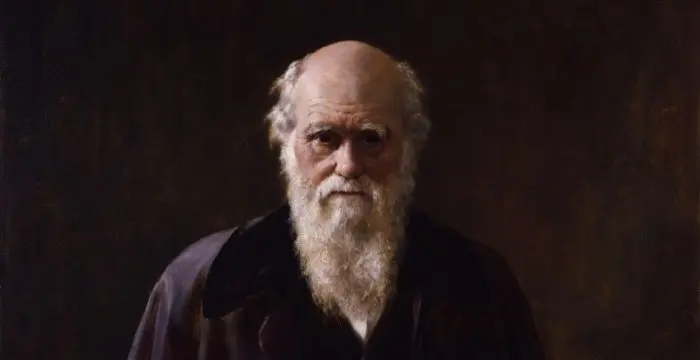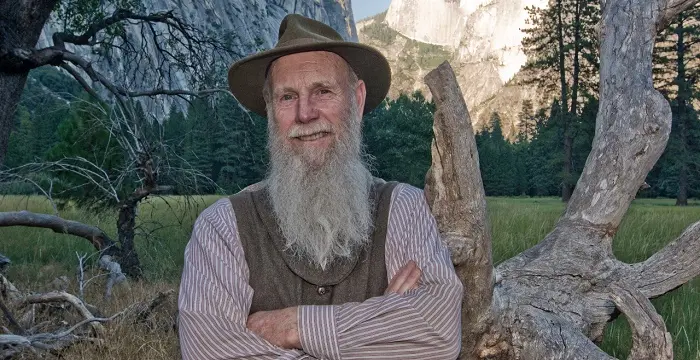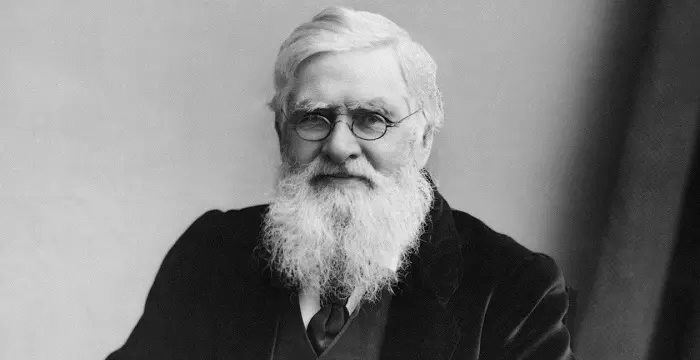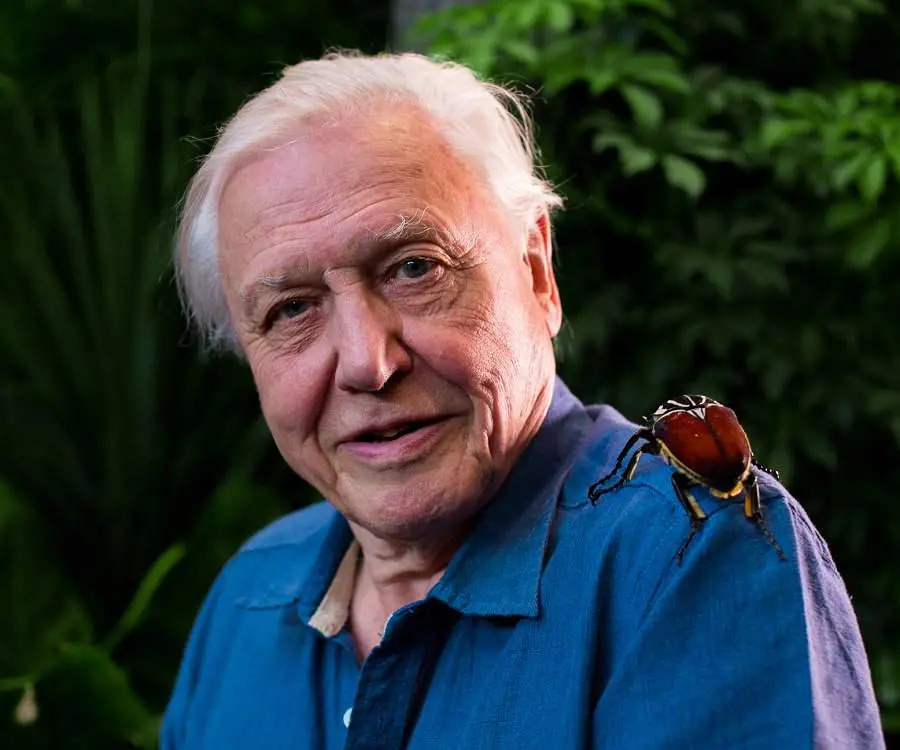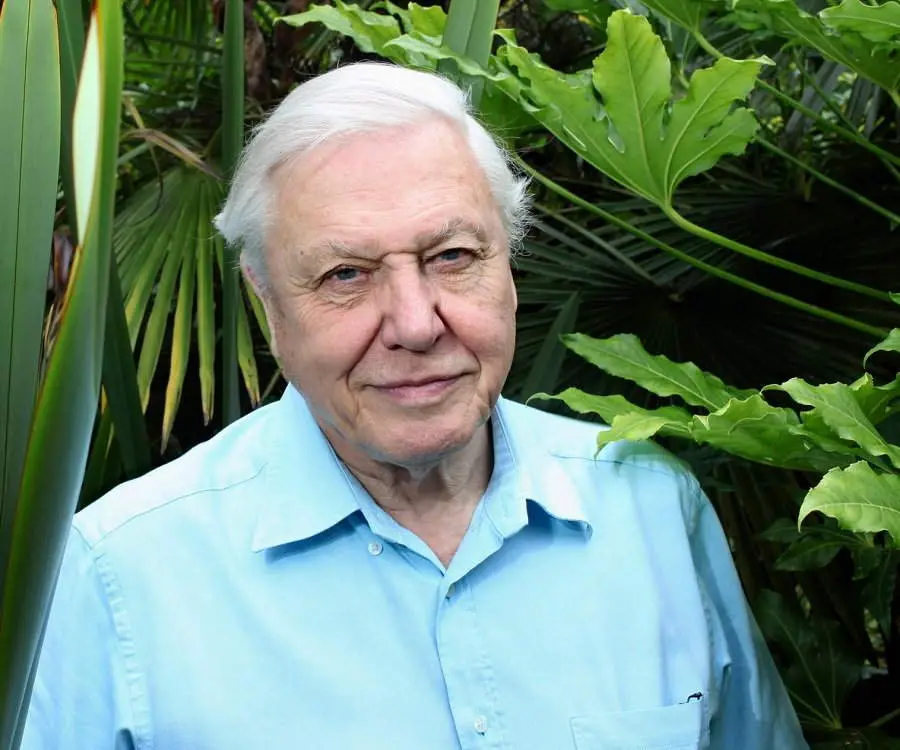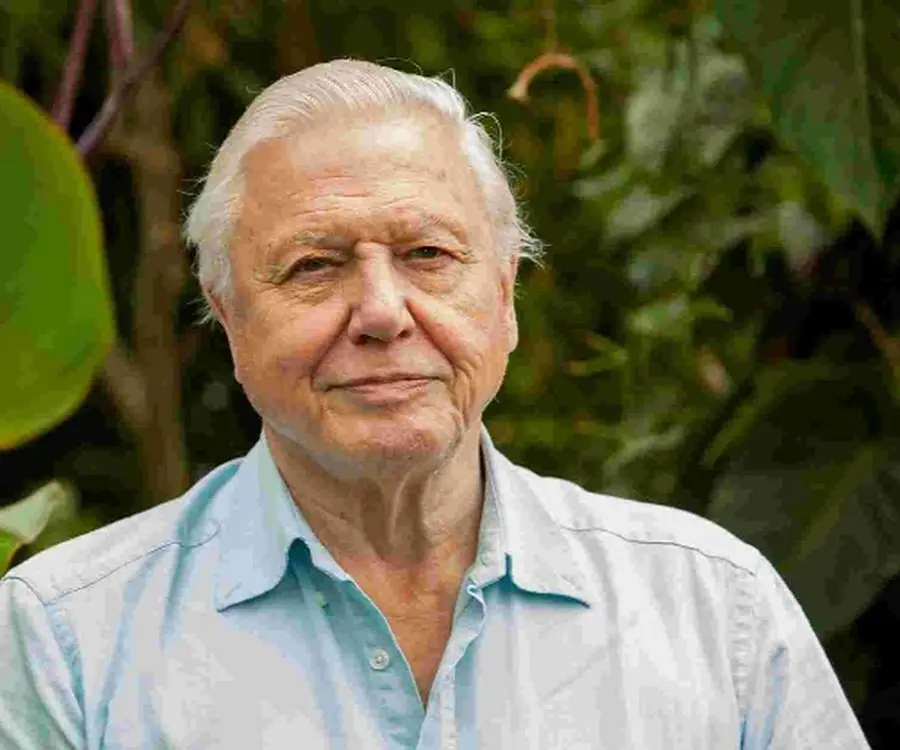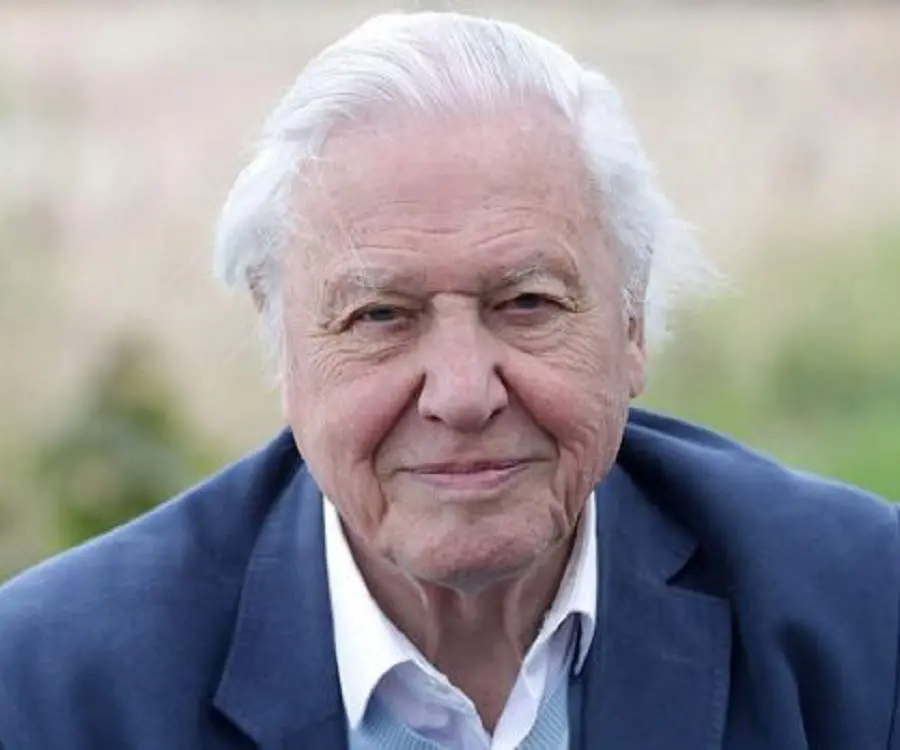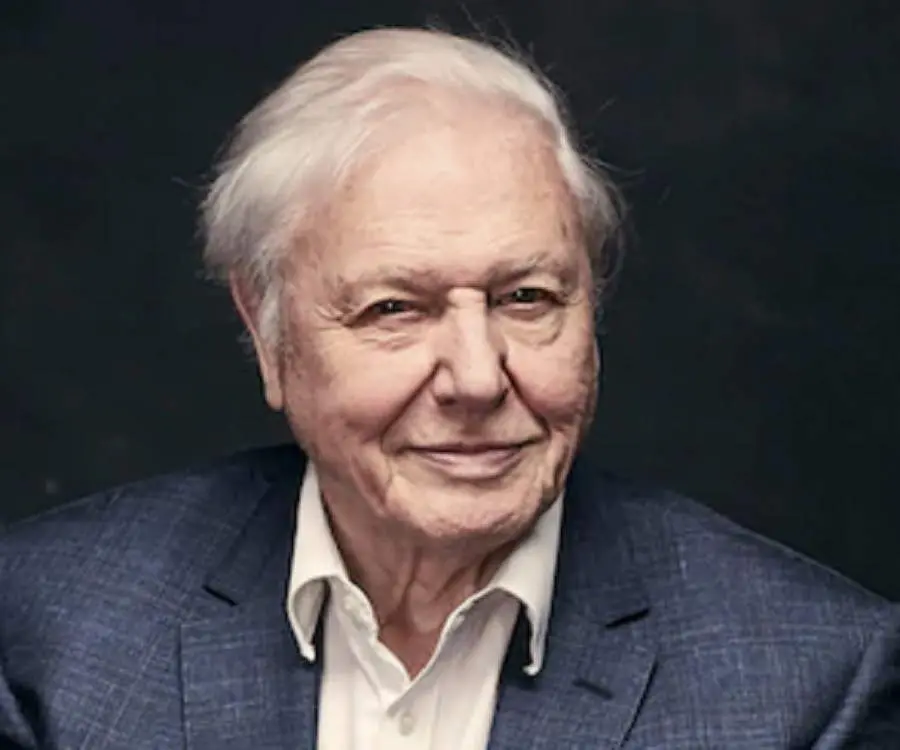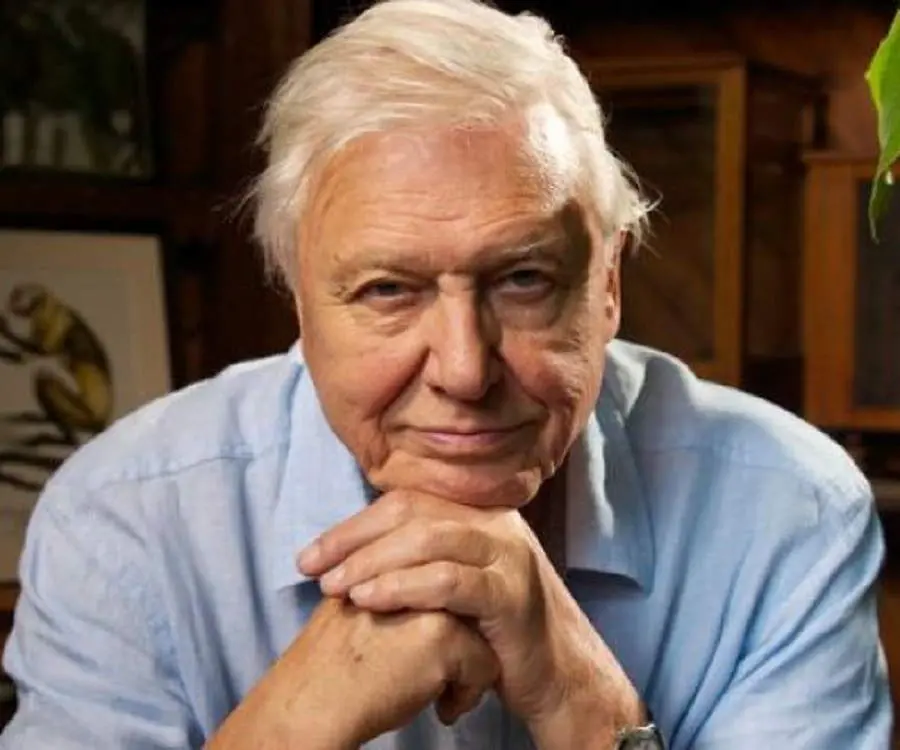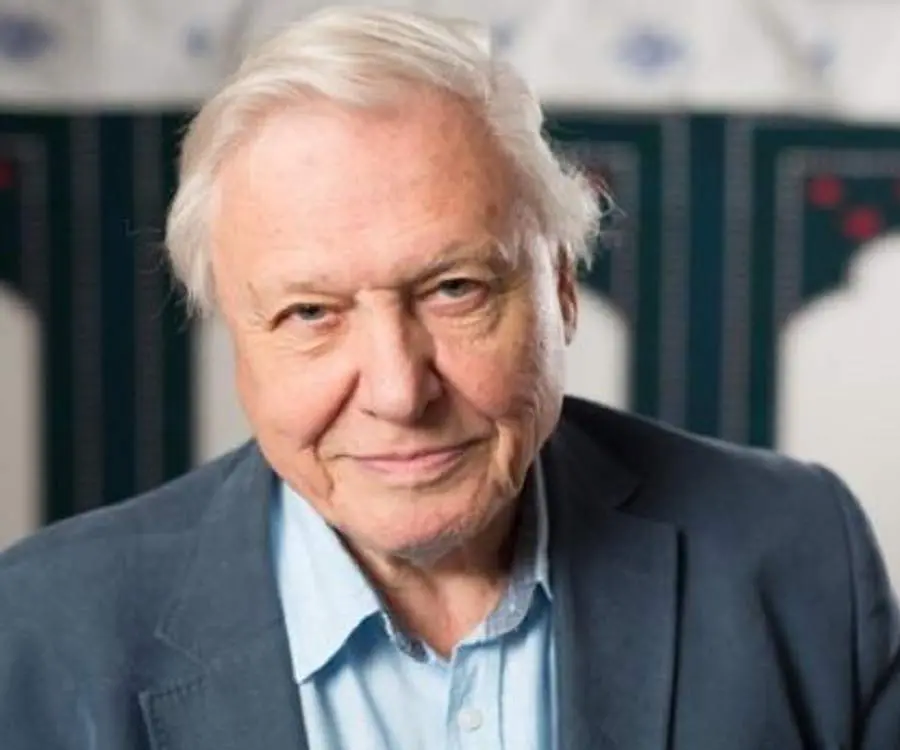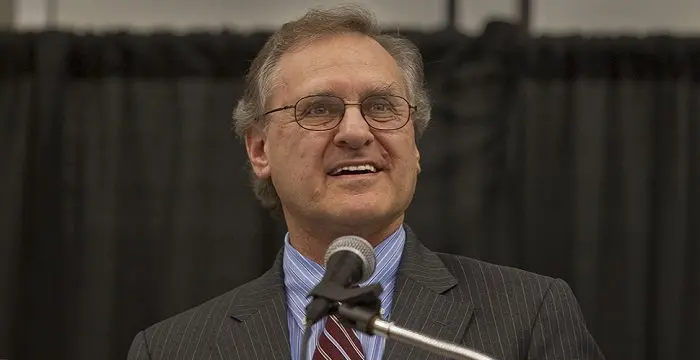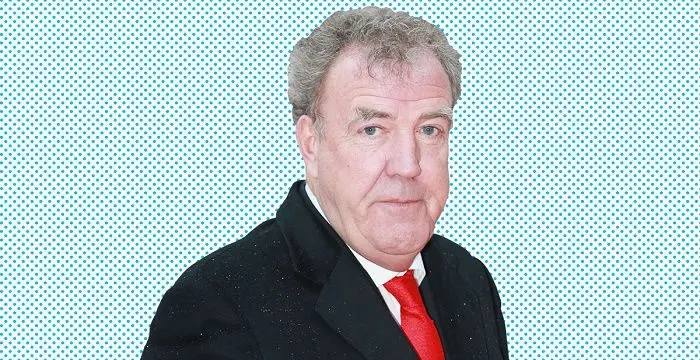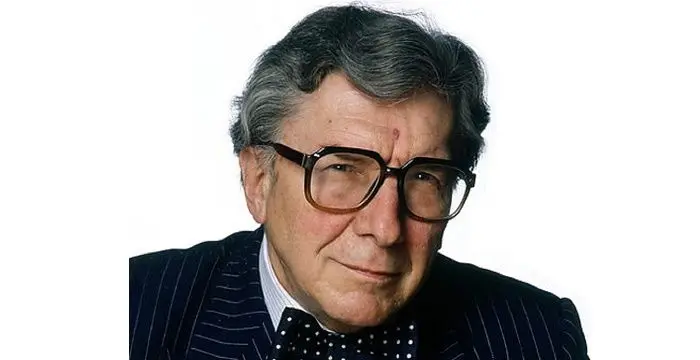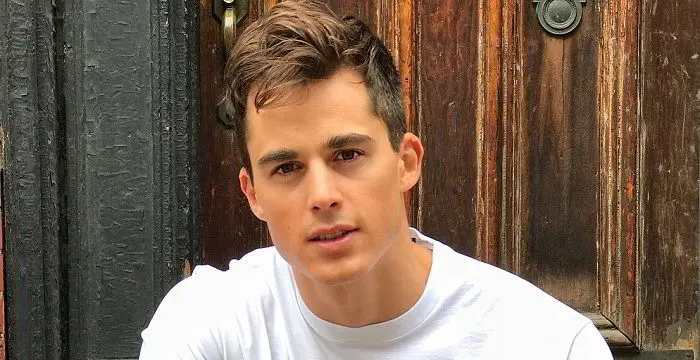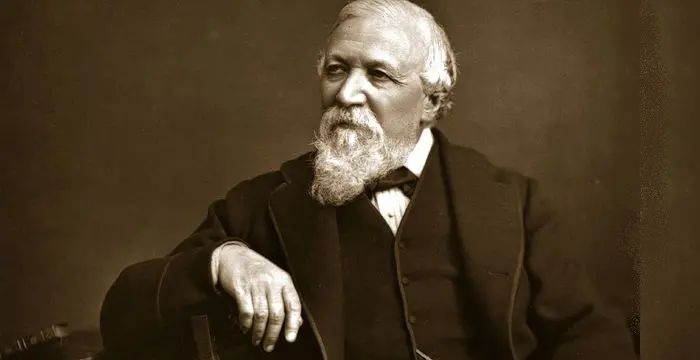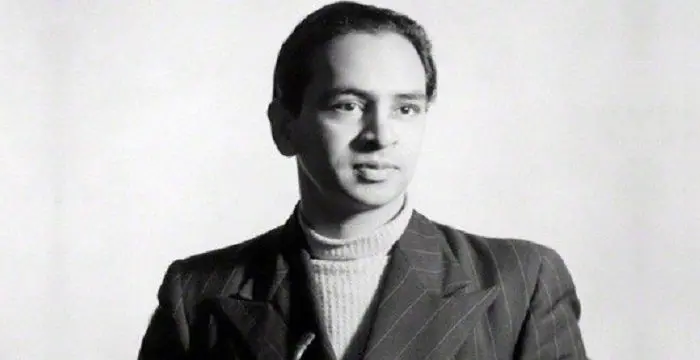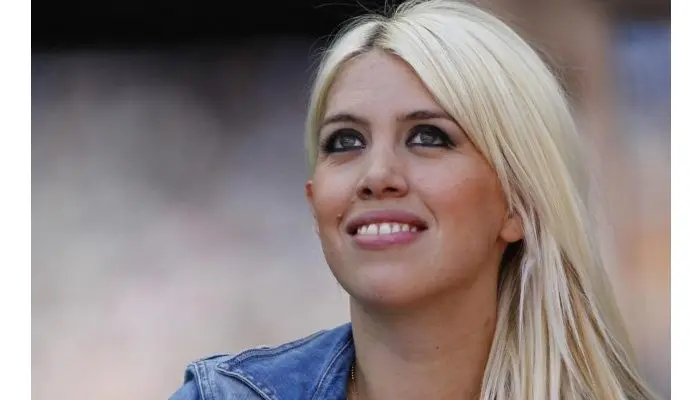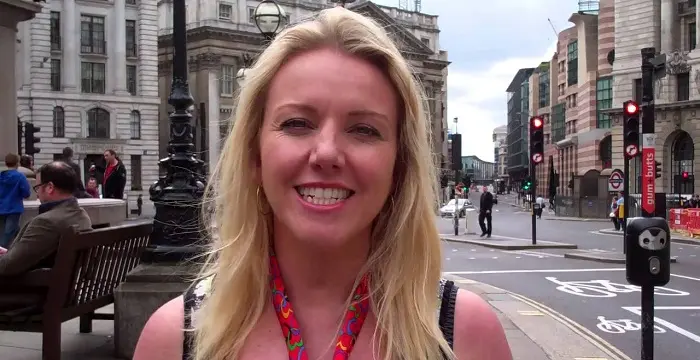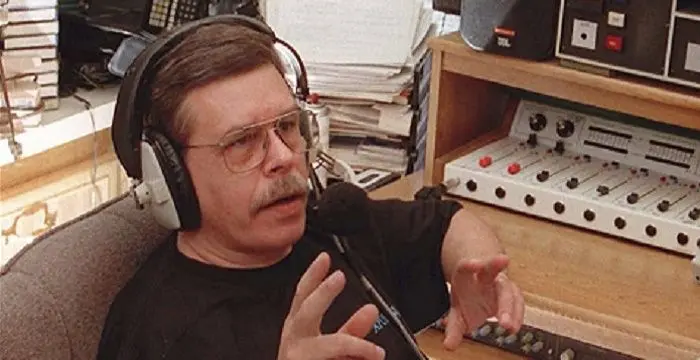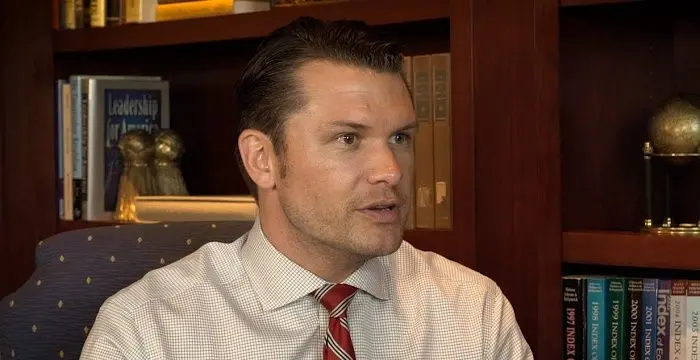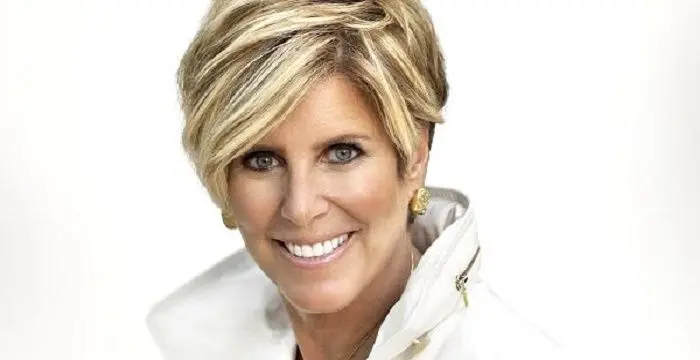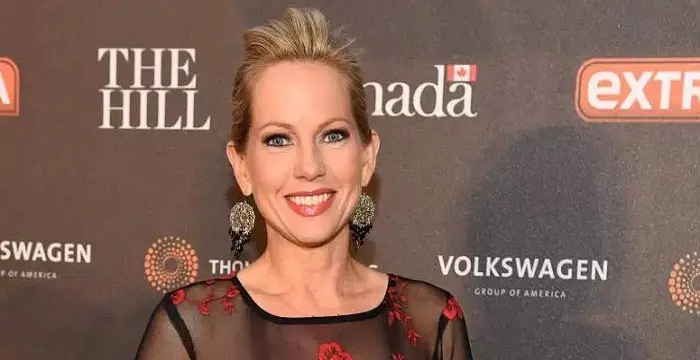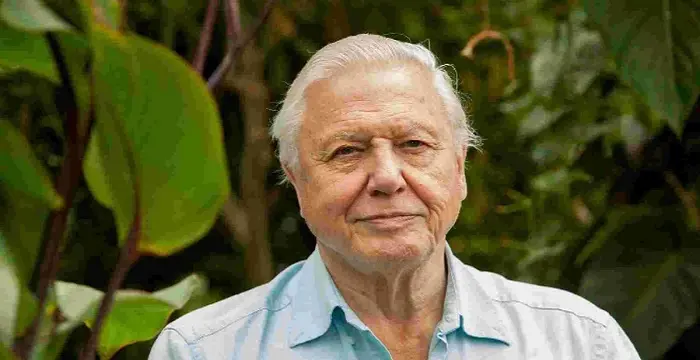
David Attenborough - Naturalist, Facts and Family
David Attenborough's Personal Details
Sir David Attenborough is an English broadcaster and naturalist
| Information | Detail |
|---|---|
| Birthday | May 8, 1926 |
| Nationality | British |
| Famous | Environmentalists, Cambridge University, London School Of Economics (LSE), University College London, Media Personalities, Miscellaneous, Broadcaster, Naturalist |
| Ideologies | Environmentalists |
| Spouses | Jane Elizabeth Ebsworth Orie |
| Siblings | Richard Attenborough |
| Known as | David Frederick Attenborough, Sir David Attenborough, Sir David Attenborough CBE, Sir David Frederick Attenborough |
| Childrens | Robert Attenborough, Susan Attenborough |
| Universities |
|
| Notable Alumnis |
|
| Birth Place | Isleworth |
| Religion | Agnosticism |
| Height | 178 |
| Gender | Male |
| Father | Frederick Attenborough |
| Mother | Mary Attenborough |
| Net Worth | $35 Million as of Jan 26,2017 |
| Sun Sign | Taurus |
| Born in | Isleworth |
| Famous as | Broadcaster, Naturalist |
// Famous Naturalist
Charles Darwin
Charles Darwin was one of the most influential figures in human history. Go through this biography to get details about his life, profile and timeline.
John Muir
John Muir was a famous American naturalist, author and an advocate of wildlife preservation. This biography offers detailed information about his childhood, life, works, achievements and timeline.
Alfred Russel Wallace
Alfred Russel Wallace was a British scientist and explorer, best known for discovering the concept of evolution by natural selection. This biography of Alfred Wallace provides information about his childhood, life, achievements, works & timeline.
David Attenborough's photo
Who is David Attenborough?
For six decades now, David Attenborough has been the voice of natural history programmes around the world. His contributions in broadcasting and wildlife film-making are unparalleled. His penchant for taking on new projects and turning them into universally acclaimed broadcasts is what makes him a legend in his field. Even his most vehement critics cite his programmes as the epitome of public service broadcasting. He is the first known broadcaster to have treated this subjects with a great deal of sincerity, researched latest discoveries, gained the trust of the scientific community, introduced innovative shots, focused on events, and consciously restricted his on-screen presence. Such is the impact of his wildlife series that he has been hailed as ‘the great communicator’ and ‘the peerless educator’. However, he has received criticism about presenting a very false picture of idyllic wilderness, which draws attention away from the threat of encroachment that humans pose on wild flora and fauna. He cites overpopulation and creationism as the primary causes of environmental problems and the decline of wild life diversity.
// Famous Broadcaster
Stephen Lewis
Stephen Lewis is a Canadian politician, broadcaster, diplomat and professor. This biography profiles his childhood, career, works, life, achievements and timeline.
Jeremy Clarkson
Jeremy Clarkson is a British journalist, TV broadcaster, and writer. This biography profiles his childhood, family, personal life, career, etc.
Robin Day
Robin Day was a noted British political commentator and broadcaster. This biography profiles his childhood, life, career, achievements, trivia and timeline.
Childhood & Early Life
David Attenborough was born on May 8, 1926 to Frederick Attenborough, the Principal of the University College, Leicester. At a young age, he became interested in collecting fossils, stones and natural specimens.
He was educated at the Wyggeston Grammar School for Boys. In 1945, he won a scholarship to Clare College of Cambridge University from which he obtained a degree in natural sciences.
In 1947, he was called up for national service in the Royal Navy and spent two years stationed in North Wales and the Firth of Forth.
Career
After his stint in the Navy, he joined the BBC in 1952 and subsequently became a producer for the Talks department - his earliest projects included Animal, Vegetable, Mineral? and Song Hunter.
A three-part series ‘The Pattern of Animals’ led to a series about an animal-collecting expedition. Zoo Quest was first broadcast in 1954 and became the first of his many BBC Natural History Unit’s productions.
Following the establishment of the BBC Natural History Unit in 1957, he formed the Travel and Exploration Unit, to help him front Zoo Quest as well as Travellers' Tales and Adventure series.
In the early 1960s, he resigned from the BBC to study social anthropology at the London School of Economics, but returned to the BBC as controller of BBC Two.
In 1965, he became the controller of BBC Two; he included music, arts, entertainment, archaeology, experimental comedy, travel, drama, sport, business, science and natural history in the schedule.
In 1967, when BBC Two began its color broadcast, he introduced televised snooker and the BBC2 Floodlit Trophy to Television.
In 1969, he was promoted as director of programmes responsible for the output of both BBC channels, but quit to answer the call to return to his first love—broadcasting.
In 1975, he presented The Tribal Eye, The Explorers and Fabulous Animal. A year later, the BBC signed a co-production deal with Turner Broadcasting to move ‘Life on Earth’ into production.
’Life on Earth’ and ‘The Living Planet’, broadcast in the 70s, was researched and broadcast using computer technology, thereby etching his name in broadcasting history and generating huge international sales for the BBC.
In the early 1990s, he presented Life in the Freezer and The Private Life of Plants. The latter used time-lapse photography to show dynamic, speeded-up growth in plants.
The Life of Mammals, broadcast in 2002 used low-light and infrared cameras to reveal the behaviour of nocturnal mammals. Life in Undergrowth exploited macro photography to capture natural behaviour of very small creatures.
Life in Cold Blood, broadcast in 2008, completed his collection of programmes on all the major groups of terrestrial animals and plants by showcasing reptiles and amphibians.
He is now working on 3D documentaries for Sky 3D, a two-part series on the origins of vertebrates, and a return to Eden for a second series.
Major Works
The ‘Life’ series, begun in 1979, forms a comprehensive survey of all life on the planet - the 96 natural history programmes written, presented, narrated and produced are immeasurable in terms of sales or impact.
He narrated every episode of Wildlife on One, a BBC One wildlife series which ran for 253 episodes between 1977 and 2005. At its peak, it drew a weekly audience of eight to ten million.
Life on Air, his autobiography, was published in 2002 and is one of a number of his works which is available as a self-narrated audiobook.
He has also contributed forewords and introductions to Planet Earth, Frozen Planet, Africa and other BBC series he has narrated.
Awards & Achievements
In addition to honorary Doctor of Science awards from the University of Cambridge and University of Oxford, he is the recipient of 31 honorary degrees from various British universities.
A 2002 BBC poll named him among the 100 Greatest Britons. He is also the top ten "Heroes of Our Time" according to New Statesman magazine.
A 2006 Reader’s Digest Poll named him the most trusted celebrity in Britain. The following year he won The Culture Show's Living Icon Award.
In the 1970s he won the BAFTA Desmond Davis Award, the Royal Geographical Society's Cherry Kearton Medal and Award and was awarded the Commander of the Order of the British Empire (CBE).
In the 1980s, he received a BAFTA Fellowship and a Knighthood and was named a Fellow of the Royal Society (FRS).
In the 1990s, he was awarded the Commander of the Royal Victorian Order (CVO) for producing Queen Elizabeth II's Christmas broadcast for a number of years.
Some of the distinguished awards he received in the 2000s are Michael Faraday Prize awarded by the Royal Society the Descartes Prize for Outstanding Science Communication Actions, and the Order of Merit (OM).
Personal Life & Legacy
His brothers are the actor Richard Attenborough, and John who is an executive at Alfa Romeo. He also has two adoptive sisters.
In 1950, he married Jane Elizabeth EbsworthOriel; the couple had two children, Robert and Susan. Nothing much is known of his personal life.
In 2005 and 2006, he backed a BirdLife International project to stop the killing of albatross by longline fishing boats, and gave public support to WWF's campaign for Borneo's rainforest.
He is the vice-president of BTCV, vice-president of Fauna and Flora International, president of Butterfly Conservation and president of Leicestershire and Rutland Wildlife Trust.
A lifelong supporter of the BBC, he has often lent his support to issues related to public broadcasting and the television licence.
Trivia
Computerised airline schedules enabled this acclaimed broadcaster to visit several locations around the globe in each episode, sometimes even changing continents mid-sentence.
This broadcaster is the only person to have won a BAFTA in black and white, colour, HD and 3D.
// Famous University College London
Pietro Boselli
Pietro Boselli is an Italian model, engineer, teacher, and fitness athlete who became famous as the ‘world’s sexiest math teacher’. Check out this biography to know about his birthday, childhood, family life, achievements and fun facts about him.
Robert Browning
Robert Browning was a famous English poet and playwright. Check out this biography to know about his childhood, family life, achievements and other facts about his life.
Mulk Raj Anand
Mulk Raj Anand was one of the first Indian writers in English to gain international fame. This biography of Mulk Raj Anand provides detailed information about his childhood, life, achievements, works & timeline.
David Attenborough's awards
| Year | Name | Award |
|---|---|---|
Other | ||
| 1983 | Fellow of the Royal Society (FRS) | |
| 1985 | Knighthood | |
| 1991 | Commander of the Royal Victorian Order | |
| 1991 | Foreign Honorary Member of the American Academy of Arts and Sciences | |
| 1996 | Companion of Honour (CH) for services to nature broadcasting | |
| 1998 | International Cosmos Prize | |
| 2003 | Michael Faraday Prize awarded by the Royal Society | |
| 2004 | Descartes Prize for Outstanding Science Communication Actions | |
| 2004 | Caird Medal of the National Maritime Museum | |
| 2005 | Order of Merit | |
| 2005 | Nierenberg Prize for Science in the Public Interest | |
| 2006 | National Television Awards Special Recognition Award | |
| 2006 | Institute of Ecology and Environmental Management | |
| 2006 | The Culture Show British Icon Award | |
| 2007 | British Naturalists' Association Peter Scott Memorial Award | |
| 2009 | Prince of Asturias Award | |
| 2010 | Fonseca Prize | |
| 2010 | Queensland Museum Medal | |
| 2011 | Society for the History of Natural History Founders' Medal | |
| 2011 | Association for International Broadcasting AIB International TV Personality of the year | |
| 2012 | IUCN Phillips Memorial Medal for outstanding service in international conservation | |
| 0 | - RSPB Medal | |
| 0 | 1970 - BAFTA Desmond Davis Award | |
| 0 | 1974 - Commander of the Order of the British Empire (CBE) | |
| 0 | 1980 - BAFTA Fellowship | |
David Attenborough biography timelines
- // 8th May 1926David Attenborough was born on May 8, 1926 to Frederick Attenborough, the Principal of the University College, Leicester. At a young age, he became interested in collecting fossils, stones and natural specimens.
- // 1945He was educated at the Wyggeston Grammar School for Boys. In 1945, he won a scholarship to Clare College of Cambridge University from which he obtained a degree in natural sciences.
- // 1947In 1947, he was called up for national service in the Royal Navy and spent two years stationed in North Wales and the Firth of Forth.
- // 1950In 1950, he married Jane Elizabeth EbsworthOriel; the couple had two children, Robert and Susan. Nothing much is known of his personal life.
- // 1952After his stint in the Navy, he joined the BBC in 1952 and subsequently became a producer for the Talks department - his earliest projects included Animal, Vegetable, Mineral? and Song Hunter.
- // 1954A three-part series ‘The Pattern of Animals’ led to a series about an animal-collecting expedition. Zoo Quest was first broadcast in 1954 and became the first of his many BBC Natural History Unit’s productions.
- // 1957Following the establishment of the BBC Natural History Unit in 1957, he formed the Travel and Exploration Unit, to help him front Zoo Quest as well as Travellers' Tales and Adventure series.
- // 1965In 1965, he became the controller of BBC Two; he included music, arts, entertainment, archaeology, experimental comedy, travel, drama, sport, business, science and natural history in the schedule.
- // 1967In 1967, when BBC Two began its color broadcast, he introduced televised snooker and the BBC2 Floodlit Trophy to Television.
- // 1969In 1969, he was promoted as director of programmes responsible for the output of both BBC channels, but quit to answer the call to return to his first love—broadcasting.
- // 1975In 1975, he presented The Tribal Eye, The Explorers and Fabulous Animal. A year later, the BBC signed a co-production deal with Turner Broadcasting to move ‘Life on Earth’ into production.
- // 1977 To 2005He narrated every episode of Wildlife on One, a BBC One wildlife series which ran for 253 episodes between 1977 and 2005. At its peak, it drew a weekly audience of eight to ten million.
- // 1979The ‘Life’ series, begun in 1979, forms a comprehensive survey of all life on the planet - the 96 natural history programmes written, presented, narrated and produced are immeasurable in terms of sales or impact.
- // 2002The Life of Mammals, broadcast in 2002 used low-light and infrared cameras to reveal the behaviour of nocturnal mammals. Life in Undergrowth exploited macro photography to capture natural behaviour of very small creatures.
- // 2002Life on Air, his autobiography, was published in 2002 and is one of a number of his works which is available as a self-narrated audiobook.
- // 2002A 2002 BBC poll named him among the 100 Greatest Britons. He is also the top ten "Heroes of Our Time" according to New Statesman magazine.
- // 2005 To 2006In 2005 and 2006, he backed a BirdLife International project to stop the killing of albatross by longline fishing boats, and gave public support to WWF's campaign for Borneo's rainforest.
- // 2006A 2006 Reader’s Digest Poll named him the most trusted celebrity in Britain. The following year he won The Culture Show's Living Icon Award.
- // 2008Life in Cold Blood, broadcast in 2008, completed his collection of programmes on all the major groups of terrestrial animals and plants by showcasing reptiles and amphibians.
// Famous Media Personalities
Wanda Nara
Wanda Nara is an Argentine model, reality personality, and football agent, more famous as the wife of Argentine football player Mauro Icardi.
Melinda Farrell
Melinda Farrell is an internationally renowned sports anchor and freelance sports reporter. This biography profiles her childhood, life, career, achievements, and some facts.
Art Bell
Art Bell was an American broadcaster and author, known as ‘The King of Late Night Radio.’ Check out this biography to know more about his childhood, family, personal life, career, etc.
Pete Hegseth
Pete Hegseth is a FOX News Channel contributor from America. Check out this biography to know about his childhood, family life, achievements and fun facts about him.
Suze Orman
Suze Orman is an American television host, financial advisor, author and motivational speaker, famous for her ‘The Suze Orman Show’ on CNBC. This biography profiles her childhood, life, career, works, achievements and timeline.
Shannon Bream
Shannon Bream is an American journalist and a Fox News veteran. Check out this biography to know about her childhood, family life, achievements and fun facts about her.
David Attenborough's FAQ
What is David Attenborough birthday?
David Attenborough was born at 1926-05-08
Where is David Attenborough's birth place?
David Attenborough was born in Isleworth
What is David Attenborough nationalities?
David Attenborough's nationalities is British
What is David Attenborough ideologies?
David Attenborough's ideologies is Environmentalists
Who is David Attenborough spouses?
David Attenborough's spouses is Jane Elizabeth Ebsworth Orie
Who is David Attenborough siblings?
David Attenborough's siblings is Richard Attenborough
Who is David Attenborough childrens?
David Attenborough's childrens is Robert Attenborough, Susan Attenborough
What was David Attenborough universities?
David Attenborough studied at Cambridge University,London School Of Economics,University College London, University of Cambridge, Clare College, Cambridge, University College London, London School of Economics and Political Science, Wyggeston and Queen Elizabeth I College
What was David Attenborough notable alumnis?
David Attenborough's notable alumnis is Cambridge University, London School Of Economics, University College London
What is David Attenborough's religion?
David Attenborough's religion is Agnosticism
How tall is David Attenborough?
David Attenborough's height is 178
Who is David Attenborough's father?
David Attenborough's father is Frederick Attenborough
Who is David Attenborough's mother?
David Attenborough's mother is Mary Attenborough
What is David Attenborough's sun sign?
David Attenborough is Taurus
How famous is David Attenborough?
David Attenborough is famouse as Broadcaster, Naturalist
